[ad_1]
Dubai: A rabbi, a bishop and an imam walk into a room. This sounds like the start of a good joke. In fact, it represents a historic moment in interreligious relations brought about by the signing of the Document on Human Fraternity in February 2019.
The document, signed by Pope Francis and Al-Azhar Grand Imam Ahmed Tayeb, calls on followers of the three Abrahamic faiths to forge bonds of peace and dialogue. This led to the creation of the Abraham Family House, which opened in Abu Dhabi in March.
The house features a synagogue, a church and a mosque, each adorned with different patterns on the same columns – zigzag, straight and arched – and the house gives each place of worship its own Distinctive visual signatures, while hinting at their many similarities.
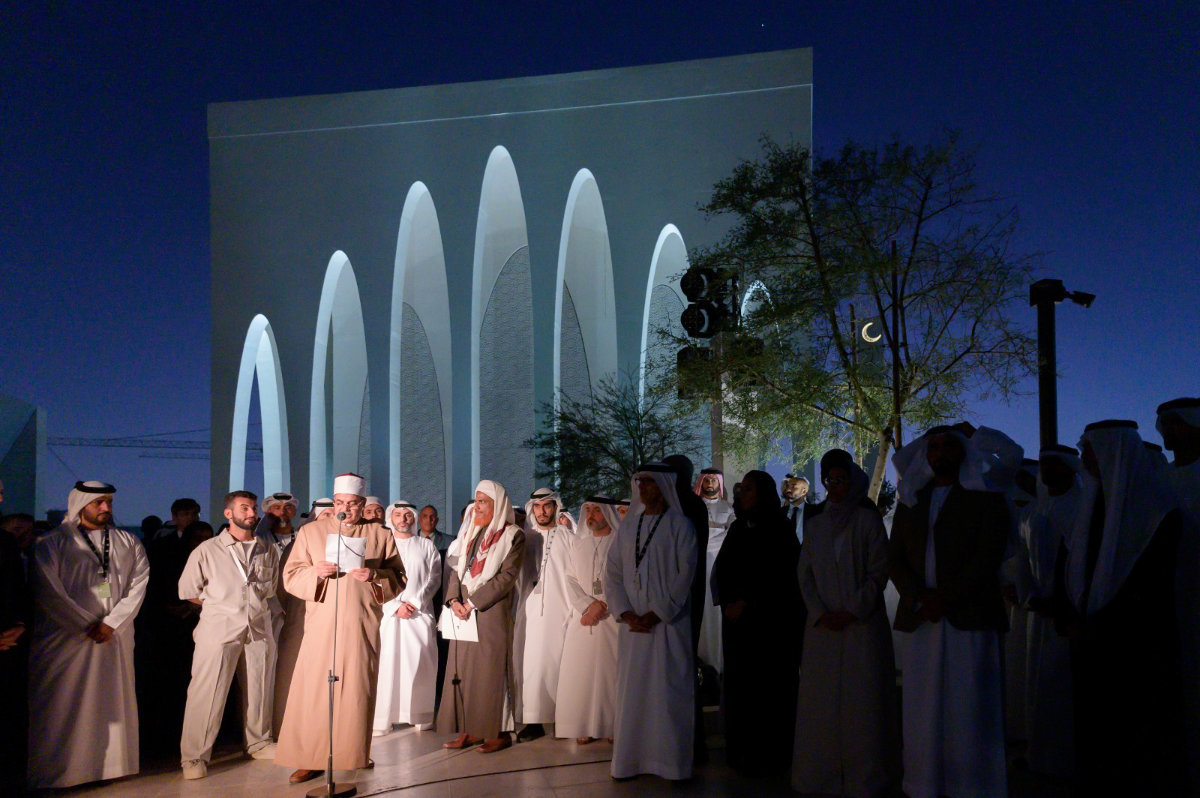
The idea is to provide a single location for followers of the three faiths where they can worship separately at the same location. Thanks to its roof garden, visitors of all faiths can also freely mingle and share ideas.
Intimate places are a new concept of interreligious relations that are being closely watched by governments and religious leaders around the world. If it turns out to be successful, the idea may catch on elsewhere.
The founders of the facility had no intention of amalgamating the three religions in any way. Still, Mahmoud Nagar, the imam of the Ahmed Tayeb Grand Mosque in the house, said many people were initially confused about its purpose.
“When the Abrahamic Family House was first established and inaugurated, there was a lot of misconception that it called for a religion, created a religion, and that was the religion of Abraham,” Najah told Arab News.
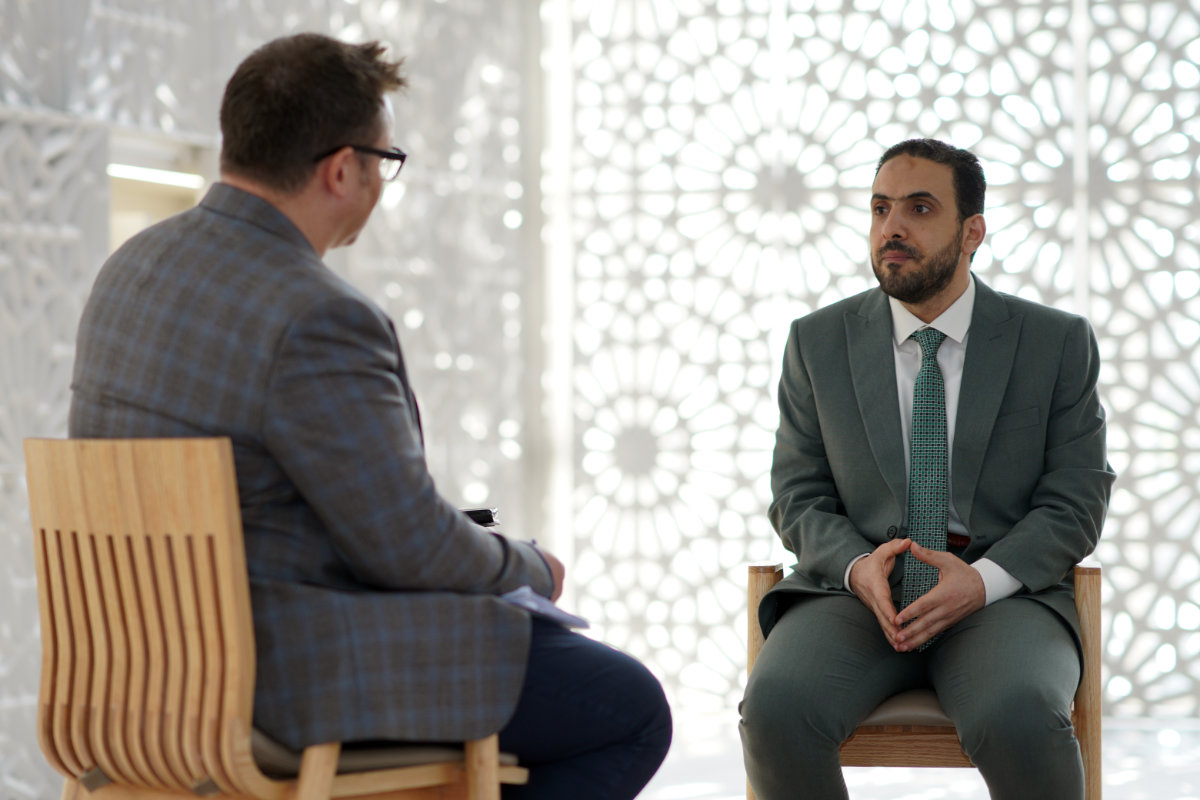
He added that the idea had become “ingrained in people’s minds”. However, this misconception was quickly corrected when people had the opportunity to visit the house and experience it for themselves, he explained.
“When people come to the mosque – and I mean Muslims – they say: ‘This is a normal mosque, like any other mosque in the UAE,'” Nagar said.
He is right. The design of the three chapels is equal; each contained within a space of the same size as the others.
“We act completely independently of the church and the synagogue here,” Naga said. “That doesn’t mean we shouldn’t come together or engage in interfaith dialogue to find the points that unite us rather than divide us.”
In fact, despite these clearly demarcated spaces, the house remains a symbol of religious tolerance and a place where all faiths can learn to understand each other in harmony.
“We should not use religion to divide people or cause people to conflict with each other,” Nagar said. Religious belief should at least bring the community together, he said.
“Removing the barriers of ignorance, which from my personal point of view is considered the worst enemy of people,” he said. “Ignorance prevents people from communicating with each other.”
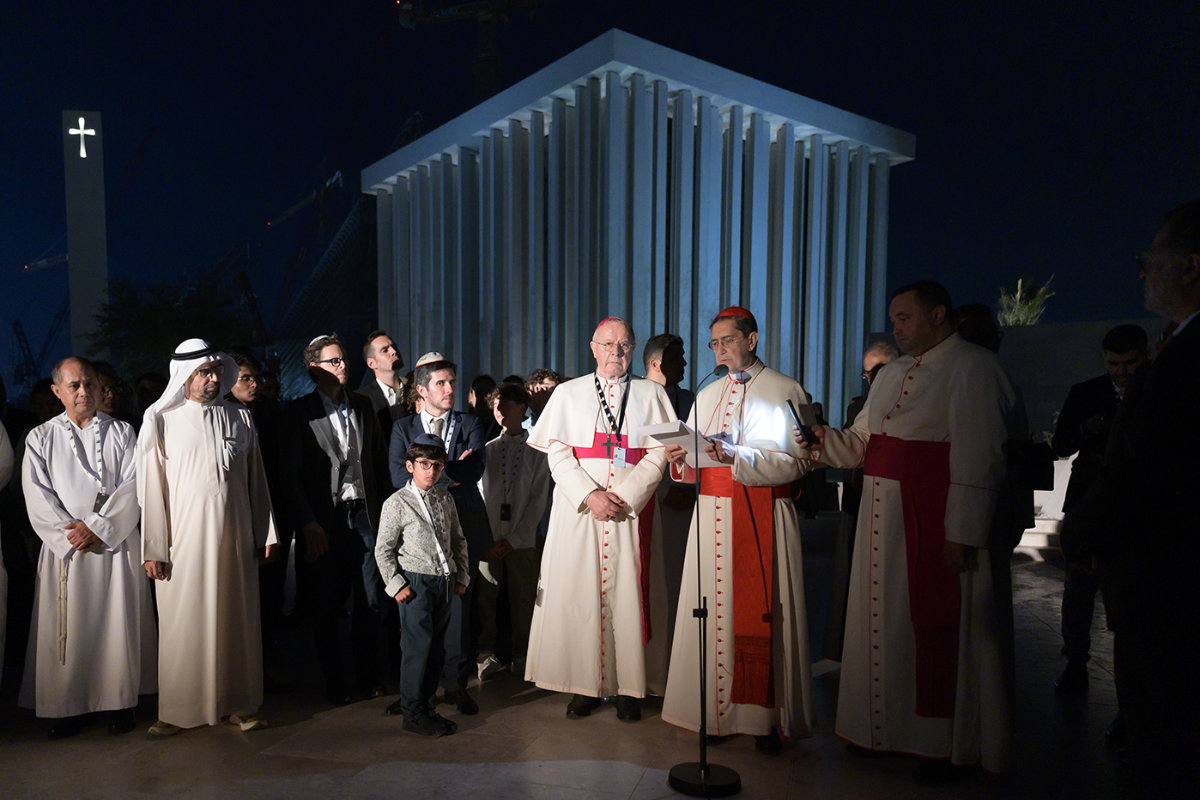
Muslims make up about three-quarters of the UAE’s population, while Christian denominations make up about 10%. The remaining 15 percent includes many other faiths, including Hindus, Sikhs, Buddhists and Jews, according to data published by The Washington Post.
It’s worth noting that Emiratis (full citizens of the UAE) make up only 11% of the country’s total population.
The country’s constitution guarantees freedom of worship, as long as doing so does not violate public policy. Islam is the official religion and there are laws against blasphemy, proselytizing and conversion to Islam by non-Muslims.
Beginning in September 2020, the United Arab Emirates, Bahrain, and Morocco signed the “Abraham Agreement” under the mediation of the United States to normalize relations with Israel, thus opening the door to mutual trade, diplomatic relations, and security cooperation. It also clears the way for Jewish believers to visit and immigrate to the UAE.
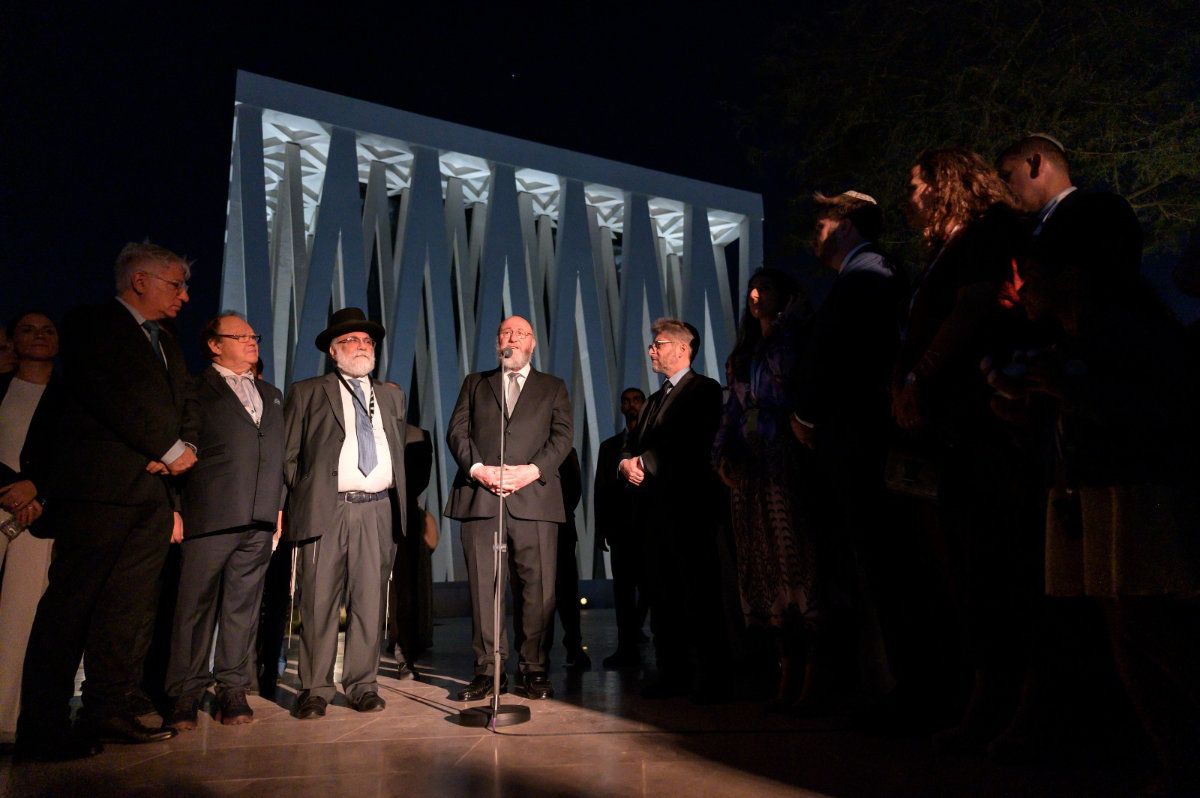
There is still a lot of doubt about the Abraham Accords and their role in the Middle East peace process, especially as the Israeli authorities continue to occupy the Palestinian territories and support the building of settlements.
But differences with Israel over political issues have not stopped the UAE’s Jewish population from growing. Chief Rabbi Yehuda Sarna of the Moses ben Maimon Synagogue, the first purpose-built synagogue in the Bay Area in nearly 100 years at the Abraham family home, said the Jewish population continues to ” organic” growth.
“It’s growing because people feel safe. They feel the quality of life is high. They feel they can be themselves. That’s what attracts me,” Sarna, who is originally from Canada, told Arab News.
“I’ve been here since 2010. What fascinates me is why Jews leave their country of birth and decide to move here. It’s because they feel welcome.”
Sarna said hostility towards Jews was still a very real problem in countries around the world, but not in the UAE.
“At various times, there will be a spike in anti-Semitic action around the world,” he said. “It’s interesting that (Jews) in the UAE are now calling their friends and relatives in other countries to check on them. But here they feel safe.”
He explained that the design of the synagogue was chosen by the Jewish community without any outside intervention.
“Architecturally, nothing is imposed. It’s emblematic of the whole approach,” said Sarna.
“Some Jews are the children of Holocaust survivors and they come here. Some are imprisoned by Houthi forces in Yemen for their religious beliefs. Some escape the threat of Saddam Hussein and his regime (Iraq) to come Here. Some people just fled from Iran with their brothers and sisters. We came here and are now part of this Jewish community.”
Given the initial success of the Abraham Family Home, Sarna said he can definitely see a bright future for similar projects in other parts of the world, helping to create a cohesive bond between followers of all faiths despite their differences.
Sarna and Naga agreed that such differences must not stand in the way of peaceful coexistence – the ultimate goal of the House of Abraham.
Paolo Martinelli agrees with them. As Vicar of the Apostolic Vicariate of South Arabia and Head Priest of St. Francis Church, he was appointed by Pope Francis to preside over Catholic prayers at the Abraham Family House. He also leads the Catholic communities in Yemen and Oman. Before the COVID-19 pandemic, the communities in these three countries totaled 1 million, mostly in the UAE.
“It is wonderful to gather here to celebrate Mass, to pray together,” Martinelli told Arab News.
“Of course, it’s also a particularly interesting place because it’s not only a Catholic church, but it’s also a Catholic church in the Abraham Family House, where we have three different places of worship.
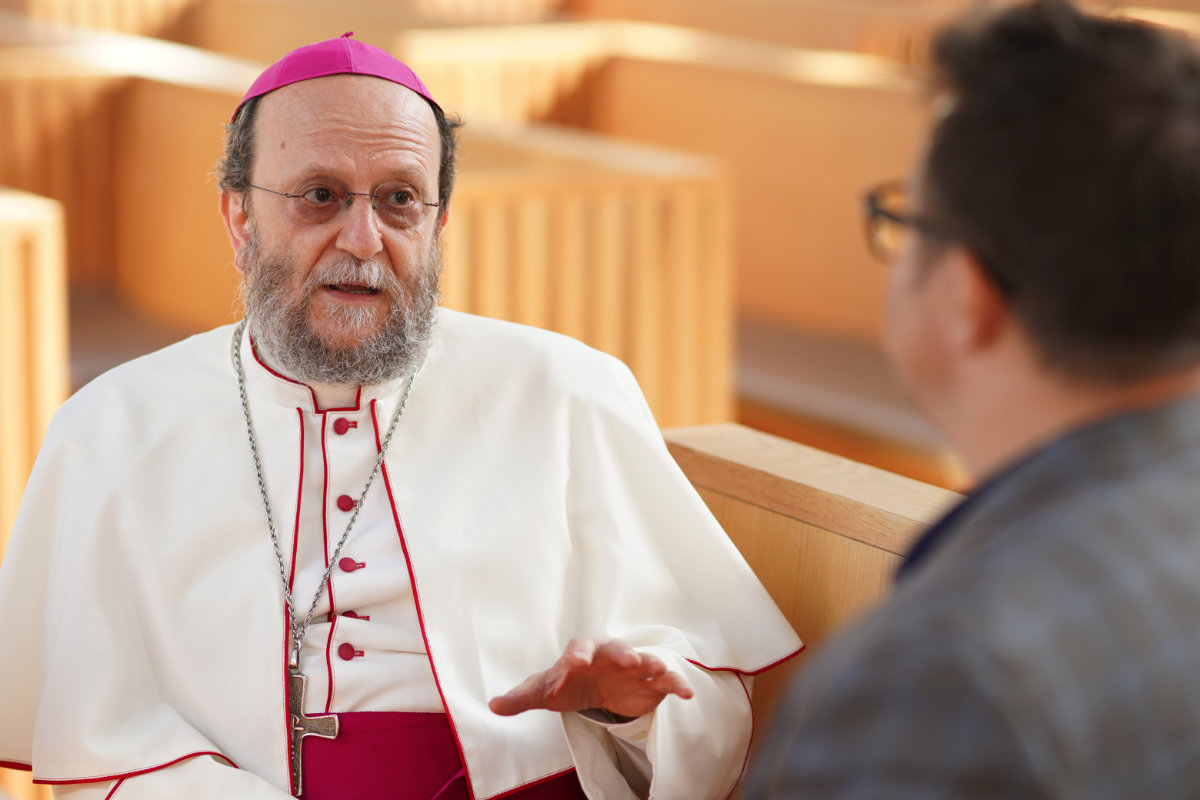
“We (the three faiths) are obviously different, but we are also in this together. So we can share our experiences and show the world that even though we are different, we can work together.”
Martinelli believes that similar interfaith sites have great potential to succeed elsewhere in the world.
“I think it’s a great opportunity to have a place like this and show that we can be different and at the same time share values,” he said.
The Abraham Family House in Abu Dhabi opened to the public in March. Since then, a rabbi, a bishop and an imam have often been seen walking into the same building. Although they pray in different spaces, they share a common dream: peaceful coexistence of religions.
Such goals are certainly no joke.
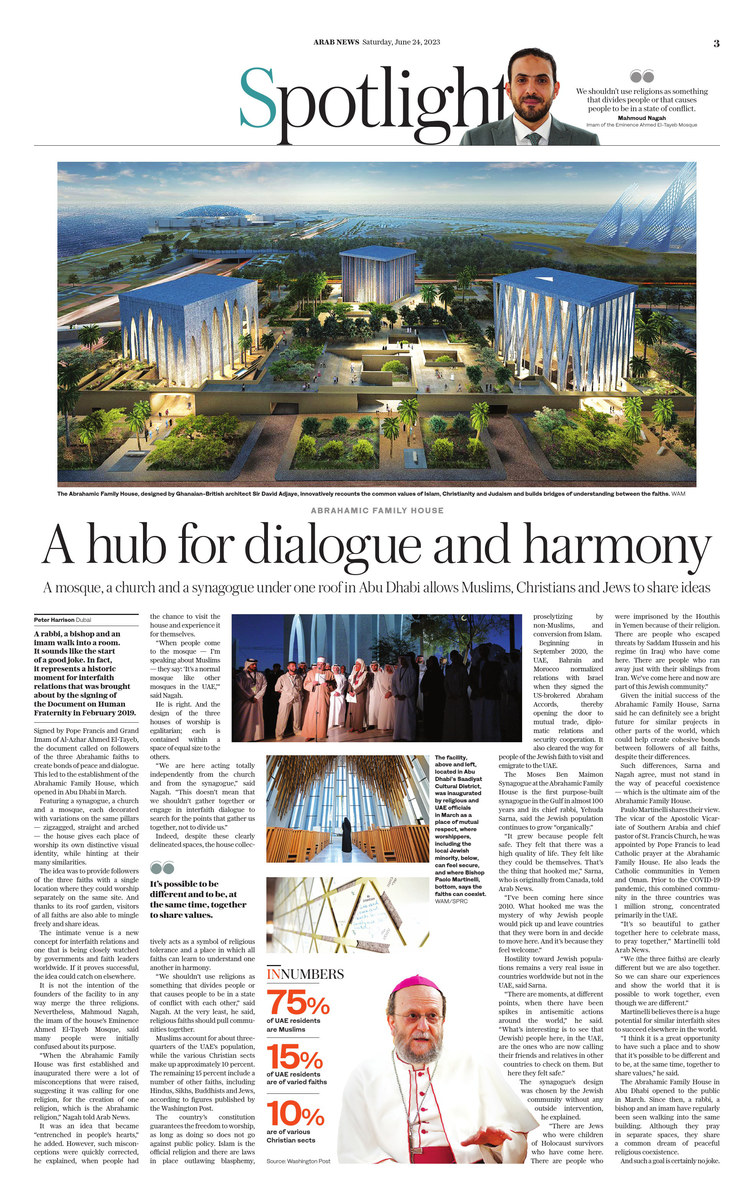
[ad_2]
Source link